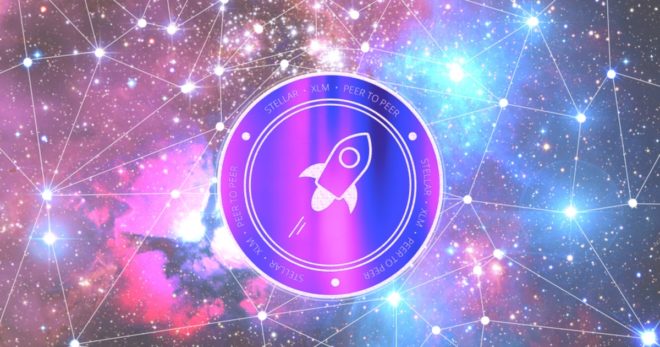Alvin Lang
Sep 05, 2024 13:26
Stellar (XLM)’s Candace Kelly discussed blockchain compliance and humanitarian aid at the Point Zero Forum, showcasing the real-world applications of the Stellar network.
The Stellar Development Foundation (SDF) recently took center stage at the Point Zero Forum, a prominent fintech event, to discuss the transformative potential of blockchain technology. According to Stellar, Chief Legal and Policy Officer Candace Kelly shared valuable insights on blockchain compliance and the use of the Stellar (XLM) network for humanitarian aid disbursement.
Compliance and Regulation: Navigating the Maze
During the forum, Kelly moderated a panel focused on regulatory challenges and opportunities in the digital asset industry. The panel featured industry leaders from Paxos, Fireblocks, Binance, and Crypto.com, who discussed the complexities of integrating digital assets into traditional financial systems. One key topic was the European Union’s Markets in Crypto-Assets (MiCA) regulation. While MiCA was praised for providing regulatory clarity, panelists noted potential hurdles, such as stringent capital requirements for stablecoin issuers. The discussion emphasized the need for international cooperation and clear regulatory frameworks to foster innovation while ensuring consumer protection.
Reimagining Aid: Blockchain as a Force for Good
In another panel, Kelly highlighted the use of the Stellar network for humanitarian aid distribution. She detailed how the United Nations High Commission for Refugees (UNHCR) leverages Stellar’s technology to disburse aid quickly and securely to internally displaced people in Ukraine. Key features of the Stellar Disbursement Platform (SDP) include:
- Efficient deployment: The SDP allows organizations to set up fund transfers that reach recipients swiftly and transparently.
- Transparency and traceability: Blockchain technology provides enhanced visibility into the flow of digital funds, ensuring accountability.
- Increasing financial access: Integration with MoneyGram International enables digital-to-cash conversions for aid funds received in USDC, facilitating access to fiat money for those without traditional bank accounts.
- Scalability: The success of the program in Ukraine has led to its expansion to Latin America, demonstrating the solution’s adaptability.
UNHCR’s treasurer, Carmen Hett, also contributed to the discussion, highlighting areas where more innovation is needed, such as:
- Digital identity: Developing comprehensive digital ID solutions that include payment capabilities, education records, and health information.
- Financial and digital literacy: Educating aid recipients to use digital financial tools effectively.
- Connectivity: Ensuring solutions reach underserved regions with limited internet access.
- Holistic approach: Providing immediate aid while helping recipients rebuild their lives and livelihoods in the long term.
The Point Zero Forum underscored the significant impact blockchain technology can have when applied thoughtfully and responsibly. As the SDF continues to bridge the gap between blockchain and real-world applications, it remains committed to collaborating with regulators, financial institutions, and humanitarian organizations to create equitable access to financial services globally.
For additional information, visit the Stellar blog.
Image source: Shutterstock



